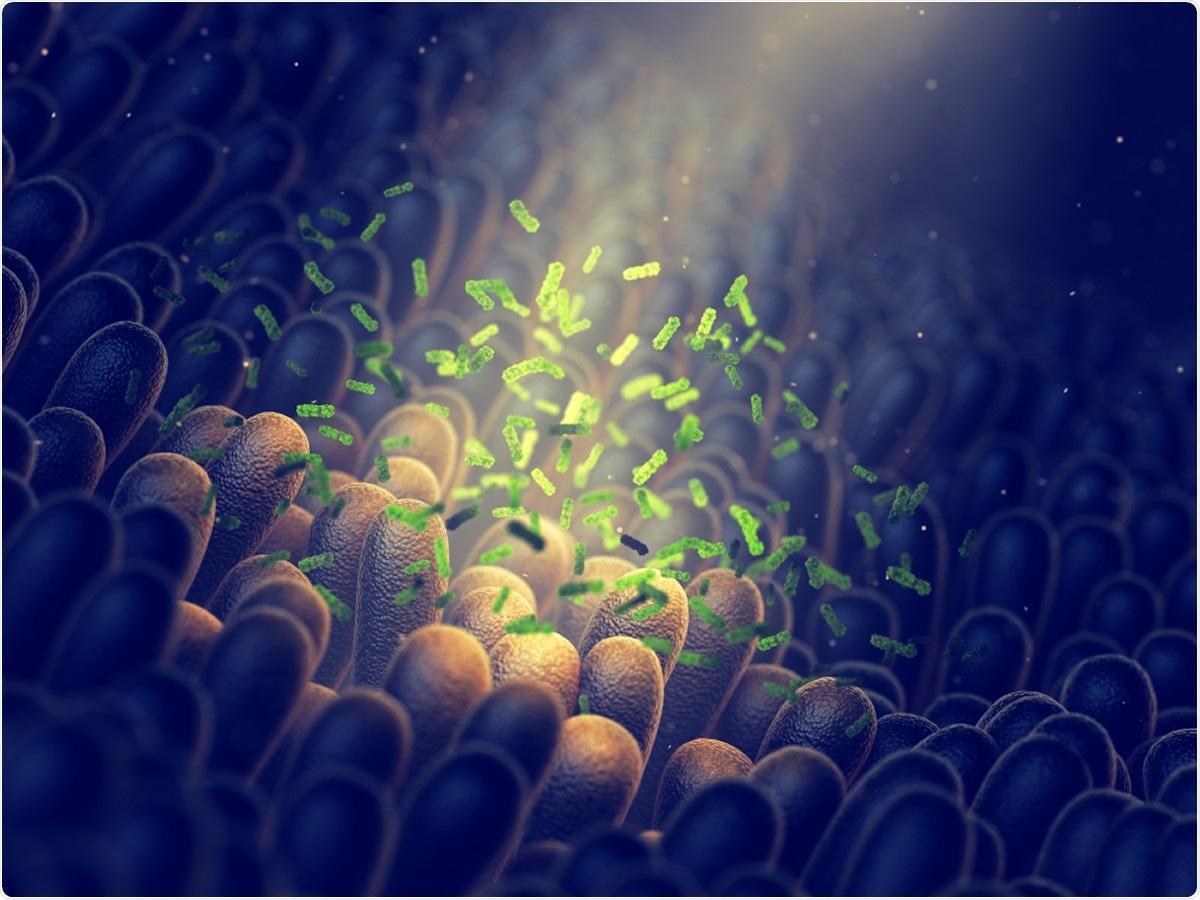Back in 1892, Doderlein first established the beneficial association of microorganisms in the human body. Therefore, under the COVID-19 pandemic, it can be beneficial to assess microorganisms' role in the human body and the use of probiotics as therapy for COVID-19 patients.
While the term "microbiome" (coined by the Nobel laureate Joshua Lederberg, 2001) includes the entire genetic inheritance of all living microorganisms in the human body (gastrointestinal system, skin, respiratory system, urogenital system, etc.), the term "microbiota" refers to the specific and unique composition (genera/species) of this microbial population, differs from one person to another, and influences human health.
These microbes and the human body are inter-dependently associated. The crosstalk between the host and all the microbiota sites define several axes, such as the gut/lung or gut/brain or gut/skin. Changes in this microbiota are related to various infections and health issues.
It appears that different factors (age, comorbidities, therapeutics, etc.) dysregulate the four communication axes of the gut/lung, gut/brain, and gut/skin and skin/brain microbiota, leading to a microbial imbalance in severe acute respiratory syndrome coronavirus 2 (SARS-CoV-2) infected patients.
In a recent review published in the Journal of Diabetes & Metabolic Syndrome: Clinical Research & Reviews, Luigi Santacroce and Francesco Inchingolo et al. address the many factors such as dysbiosis (imbalance in the microbiota) that could influence the SARS-CoV-2 infection course. To investigate any alternative/ supporting therapeutic remedies in the fight against this virus, they analyze the available data on the association between SARS-CoV-2 and human microbiota in this review.
They performed extensive research using the PubMed-LitCovid, Cochrane Library, Embase databases and conducted manual searches on Google Scholar, Elsevier Connect, Web of Science about this issue.
Most of the data showed promising results demonstrating the benefits of probiotics in fighting the SARS-CoV-2 infection, as evident in the case of other diseases.
"In COVID-19 patients, probiotics could help to restore the altered gut microbiota, contributing to a healthy gut-lung axis."
SARS-CoV-2's action on microbiota
The most frequent symptoms of SARS-CoV-2 infection are fever, body aches, nasal congestion, dry cough, and sore throat. However, about 5-10% of patients suffer from gastrointestinal symptoms, such as nausea, vomiting, diarrhea, and abdominal pain.
Other less frequent symptoms are total or partial loss of the sense of smell/taste, neurological symptoms, cerebrovascular events, neuropsychiatric symptoms and skin manifestations.
Based on the observed symptoms, one can hypothesize that SARS-CoV-2 interacts with the gut microbiota via the gut/lung axis. The authors believe it could also be responsible for neuropsychiatric and cutaneous manifestations through the gut/brain and gut/ skin, and skin/brain axes.
With the viral entry into the host cell, leading to lung damage and the subsequent series of reactions that end in an altered expression of antimicrobial peptides on Paneth's intestinal cells - an alteration that modifies the composition of the intestinal microbiota. Thus evidently influencing the gut/lung crosstalk.
Notably, SARS-CoV-2 infected patients are often administered antibiotics and antivirals, which could also result in further gut microbiota dysbiosis.
In this context, the authors report several studies where the intestinal microbiome presented bacterial diversity in SARS-CoV-2 cases - correlating directly or inversely. This kind of bidirectional link is also observed between the intestinal microbiota and the skin. A SARS-Cov-2 patient manifesting skin symptoms may have alterations of the gut microbiota - that partly justify their presence to the immune process of gut/skin crosstalk.
SARS-CoV-2 infection and the role of probiotics in microbiota dysbiosis
It is well established that probiotics strengthen and modulate the immune system, contribute to repopulating the gut with "good" bacteria, hinder pathogen proliferation, and help to establish a condition of eubiosis (microbial balance in the body).
The term probiotics include many species, such as Lactobacillus spp., Bifidobacterium spp, Enterococcus spp, and Saccharomyces spp, Leuconostoc, Pediococcus. The Lactobacillus spp. (L. rhamnosus) and Bifidobacterium spp. (B. lactis HN019) are commonly in fermented products, such as yogurts and cheeses.
Based on this study's rationale, the authors note it is recommendable to use probiotics, and their metabolites SCFAs (short-chain fatty acids), to reinforce innate and adaptive immunity in SARS-CoV-2 patients. It can be an adjuvant strategy against complications.
The administration of probiotics is observed to increase anti-inflammatory cytokines, decrease pro-inflammatory cytokines, improve antiviral antibody production, and reduce the viral load. Taking probiotics has immensely improved the condition of the clinical patient, too, in many cases. These observations indicate that the probiotics would be useful in reducing SARS-CoV-2 dissemination in the respiratory tract and gut, reinforcing both anti-inflammatory responses and immune defenses.
In summary, this review aims to focus on current knowledge about the use of probiotics as adjuvant therapy for COVID-19 patients. The probiotics seem effective in lowering inflammatory status, moreover in patients with chronic comorbidities such as cancer and diabetes, improving clinical outcomes, the team concludes.
Journal reference:
- Luigi Santacroce, Francesco Inchingolo, Skender Topi, Raffaele Del Prete, Michele Di Cosola, Ioannis Alexandros Charitos, Monica Montagnani, Potential beneficial role of probiotics on the outcome of COVID-19 patients: An evolving perspective, Diabetes & Metabolic Syndrome: Clinical Research & Reviews, Volume 15, Issue 1, 2021, Pages 295-301, ISSN 1871-4021, https://doi.org/10.1016/j.dsx.2020.12.040, http://www.sciencedirect.com/science/article/pii/S187140212030535X
































